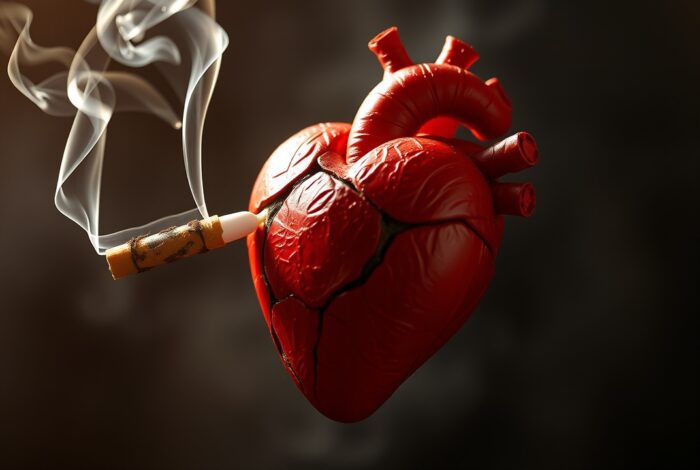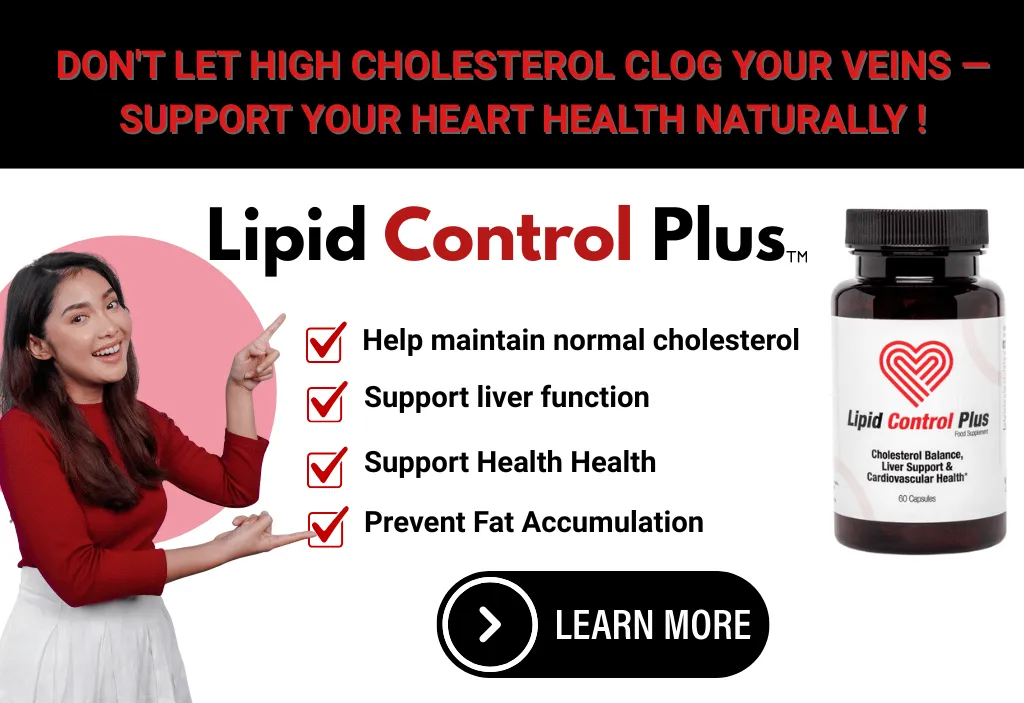Hey there! If you’re reading this, you’re probably curious about how smoking affects your cholesterol levels. Maybe you’re a smoker worried about your heart health, or perhaps you’re trying to help someone quit. Whatever brought you here, you’re about to discover some eye-opening facts about smoking and its effects on your cholesterol.

The Hidden Impact of Smoking on Your Cholesterol
Let’s cut to the chase – smoking does a number on your cholesterol levels, and not in a good way. Research shows that current smokers have 3% higher total cholesterol levels compared to non-smokers. That might not sound like much, but here’s the kicker: your body’s cholesterol balance gets thrown completely off track.
Think of your arteries as busy highways. When you smoke, it’s like throwing sticky debris all over these roads. Studies have found that smoking makes your LDL cholesterol (the bad kind) ‘stickier,’ causing it to build up along your artery walls. Plus, for each cigarette smoked, average plasma cholesterol increases by 0.33 mg/dl. Those numbers add up fast!
How Smoking Messes with Your Lipids
Your body has two main types of cholesterol carriers:
- HDL (High-density lipoprotein) – the good guy
- LDL (Low-density lipoprotein) – the troublemaker
Smoking is like giving the bad guy (LDL) superpowers while weakening your hero (HDL). Here’s what happens:
- Low-density lipoprotein (LDL) cholesterol levels shoot up significantly in smokers
- HDL cholesterol drops, reducing your body’s natural defense against artery blockages
- Triglycerides often increase, adding another layer of risk
Smoking and High Cholesterol Together
Both smoking and high cholesterol are risk factors for cardiovascular disease on their own. Put them together, and you’ve got a recipe for serious health problems. It’s like having two heavyweight opponents in the ring instead of one – your heart has to work twice as hard to stay in the fight.
The Good News: Your Body Can Bounce Back
Here’s something to lift your spirits – cutting out smoking can help improve your cholesterol profile faster than you might think. Within just a few weeks of quitting, your HDL cholesterol levels start to recover. Your body is remarkably resilient!
The Timeline: How Your Cholesterol Improves After Quitting
After you crush that last cigarette, amazing things start happening in your body. Let’s break down the timeline:
- First 24 hours: Your heart rate and blood pressure begin to normalize, taking some strain off your cardiovascular system
- Within 3 months: Your blood circulation improves, giving your HDL cholesterol a chance to do its job better
- After 1 year: Your risk of heart disease drops to about half that of a smoker
Beyond Cigarettes: Other Forms of Tobacco and Your Cholesterol
You might be wondering – what about vaping? Or chewing tobacco? Let’s clear the air on these alternatives:
Vaping and E-cigarettes
While marketed as “safer,” vaping still introduces nicotine into your system. Recent studies suggest it can affect your lipid profile, though possibly less severely than traditional smoking. Still, it’s not a free pass for your heart health.
Smokeless Tobacco
Don’t let the “smokeless” part fool you. Chewing tobacco and snuff still release nicotine into your bloodstream, which can mess with your cholesterol levels. Plus, they carry their own set of health risks.
The Nicotine Factor: What’s Really Going On?
Nicotine is like that friend who seems cool but actually causes trouble everywhere they go. Here’s what it does to your body:
- Triggers the release of stress hormones
- Increases inflammation in your blood vessels
- Changes how your body processes fats
- Affects your liver’s ability to handle cholesterol
Managing Both: Practical Steps for Success
Ready to take control? Here’s your action plan:
Step 1: Get Your Numbers
First things first – know where you stand. Get a lipid panel test to check your:
- Total cholesterol
- LDL (bad) cholesterol
- HDL (good) cholesterol
- Triglycerides
Step 2: Make a Quit Plan
Don’t try to be a hero – use every tool available:
- Nicotine replacement therapy
- Support groups
- Medical guidance
- Stress management techniques
Step 3: Heart-Healthy Habits
While you’re working on quitting, boost your cholesterol-fighting power:
- Add more fiber to your diet
- Get moving with regular exercise
- Choose healthy fats
- Stay hydrated
Latest Research: What Science Says
Recent studies have uncovered some fascinating connections:
- Smokers often show higher triglyceride levels even hours after smoking
- The damage to arterial walls can start reversing within weeks of quitting
- Younger smokers might recover their cholesterol balance faster than long-term smokers
Special Considerations for Different Groups
Women and Smoking-Related Cholesterol Issues
Women face unique challenges. Smoking combined with birth control pills can particularly impact cholesterol levels and cardiovascular health.
Older Adults
If you’ve been smoking for decades, don’t think it’s too late to quit. Your body can still improve its cholesterol profile at any age.
Looking Ahead: Your Healthier Future
Imagine a year from now – your cholesterol levels improving, your heart getting stronger, and your overall health on the upswing. It’s not just a dream; it’s totally possible.
The Bottom Line
Smoking and high cholesterol are like a one-two punch to your heart health. But here’s the silver lining – you’ve got more control than you might think. Every cigarette you don’t smoke is a win for your cholesterol levels and overall health.
Ready to take the first step? Talk to your healthcare provider about getting your cholesterol checked and creating a quit plan that works for you. Remember, you don’t have to tackle this alone.
Whether you’re just starting to think about quitting or you’re already on your way, your body will thank you for every positive change you make. After all, it’s never too late to start taking better care of your heart!

Lifebing is driven by an unrelenting passion for promoting health and well-being, our team is wholly committed to curating exceptional content and immersive experiences.

